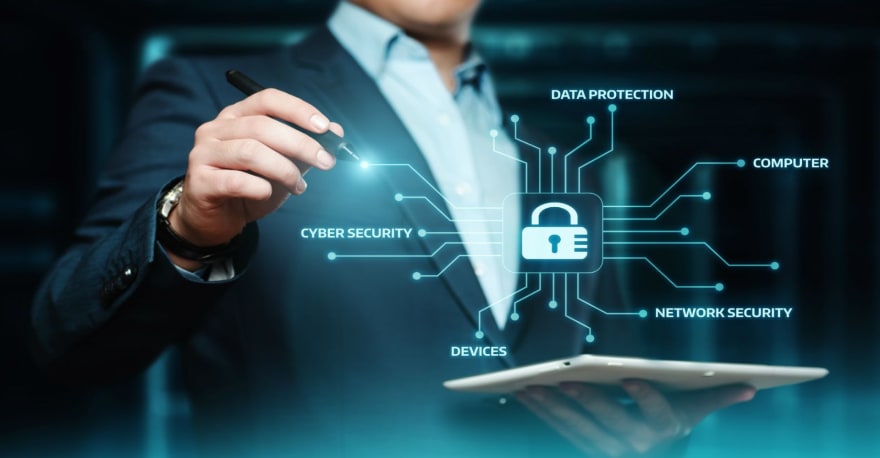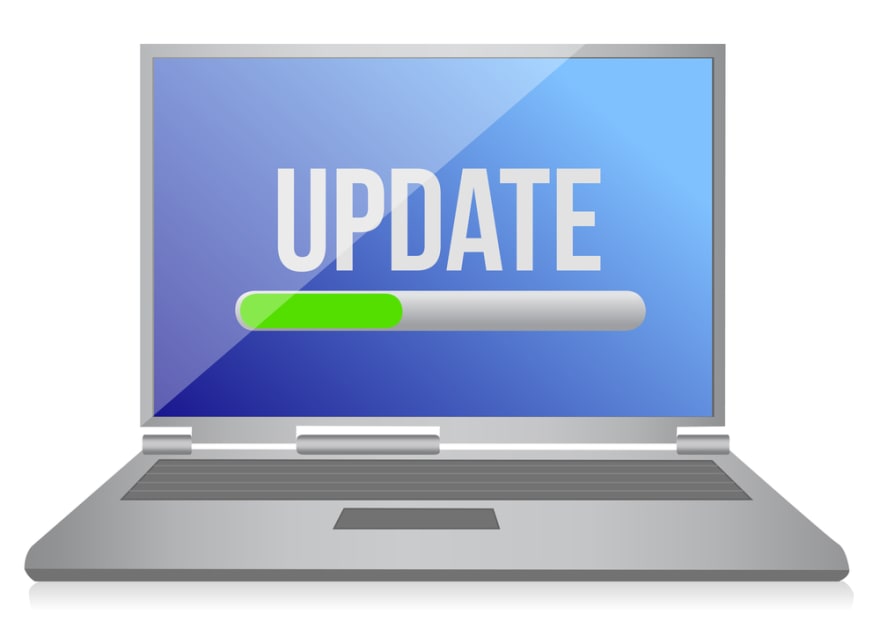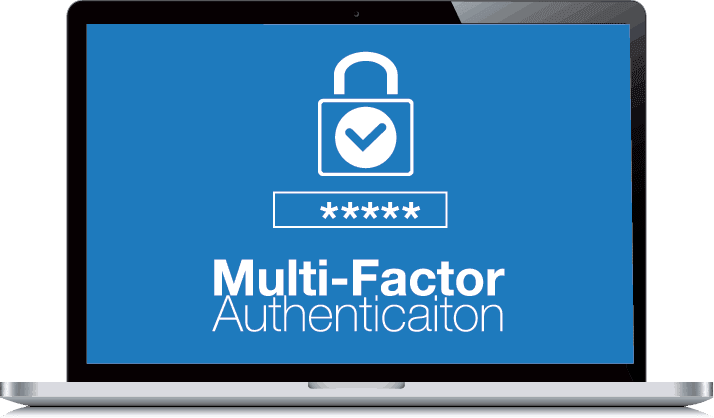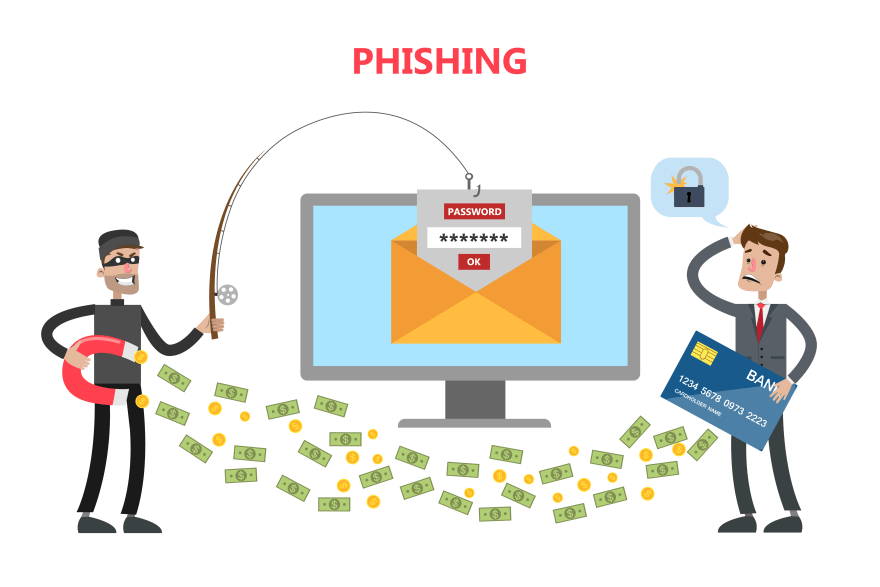In this blog, I am sharing the learning that is gained from the session Introduction to Personal Security.
This session is really useful for those who want to learn about cybersecurity and it's importance. It was a great opportunity to participate in the Introduction to Personal Security Session hosted by Major League Hacking.
Speaker of the session: Lavanya, Coach at Major League Hacking
During the session, I learned the below-mentioned topics.
What is cybersecurity?
Cybersecurity is the practice of protecting sensitive systems and sensitive information from digital attacks. Cyber security measures, also known as information technology (IT) security, are designed to combat threats to network systems and applications, whether the threats are internal or external to the organization.
Why is it important?
Cyber security is becoming more and more important. In fact, our society is more dependent on technology than ever, and this trend shows no signs of slowing down. Data breaches that could lead to identity theft are now reported on social media accounts. Sensitive information such as social security numbers, credit card information and bank account information are now stored in cloud storage services such as Dropbox or Google Drive.
Software Update
Updates often fix performance issues and minor software coding errors. Updated software runs smoothly and efficiently, while outdated software can slow down or even crash.
It's not uncommon for software developers to add additional features to updates over time that further improve their core product.
Finally, as many companies rely on integration tools and cloud services, updates are essential to support communication and data exchange between technology tools. Failure to update a solution can easily lead to other problems.
Tips for passwords
Passwords are an important part of information and network security and serve to protect user accounts. However, if you don't choose the right password, you can put your entire network at risk.
The harsh reality is that most people hack their passwords and steal them during hacking. However, if you can improve your password security, you can increase your protection against cybercriminals.
Passwords are the first line of defense against cybercrime. The more unique passwords you have, the better your computer is protected from hackers and malware, and you should use strong passwords for all accounts.
Creating strong passwords is not difficult.
Steps to create a Strong Password
Here are some simple steps to create a strong and secure password to prevent breaches.
- Do not reuse passwords
- Use unique and strong passwords for all websites, applications and systems
- Use a combination of letters, numbers, and upper and lower case letters
- Do not use personal information such as birthdays or dogs' names
- Use the password generator
Enable 2FA or MFA
As we have seen in recent news, there have been several major ransomware attacks. Existing passwords are no longer secure by themselves. Hackers are working around the clock to develop many proven methods to get credentials to access your personal account.
Statistics show that hackers have stolen more than 15 billion credentials to gain unauthorized access to accounts. According to Microsoft engineers, 99.9% of the account breaches they handle could have been prevented if users had implemented MFA.
Multi-Factor Authentication (MFA) is an electronic authentication method that provides multiple forms of identification to access online platforms.
Types of MFA
There are three types of MFA,
- Something you know such as a PIN, or password.
- Something you have with you, such as a smart card, key, or phone.
- Use with biometric authentication such as web scanning, fingerprint, or voice recognition.
Phishing Attempts
Most phishing attempts can be avoided by knowing the following:
Never trust unusual emails.
If you get an email from someone you don't know or a message written in an unusual way, don't automatically accept it. Even out of curiosity, clicking a link or downloading an app can have catastrophic consequences.
URLs should always be verified.
One of the easiest ways to spot phishing attempts is to look at the URL you click or visit. Any weird spelling mistakes? Got subdomains that don't match what you're trying to access? You may notice subtle design differences.
No one will ask for your password.
This is general advice and should be advertised, but is often ignored. No one inside or outside your organization should ask for your password. If someone does this, it is always an attempt to get your confidential information. To ensure good security, you should always be careful when resetting your password. Even if everyone knows and follows the techniques above, your business may still be vulnerable to phishing attacks if a vendor, supplier, or one of its third-party partners is compromised.
Life Tip
Make sure you have multiple layers of security. From firewalls to web security to email security to antivirus, each layer plays an important role in keeping users as safe as possible.
Back up your system regularly and make sure you can recover your data in case of ransomware, a successful attack, disaster, or other loss.
Use encryption, especially email encryption, to keep sensitive data safe.
Gratitude for perusing my article till the end. I hope you realized something unique today. If you enjoyed this article then please share it to your buddies and if you have suggestions or thoughts to share with me then please write in the comment box.
Follow me and share your thoughts,GitHubLinkedInTwitter














Top comments (0)